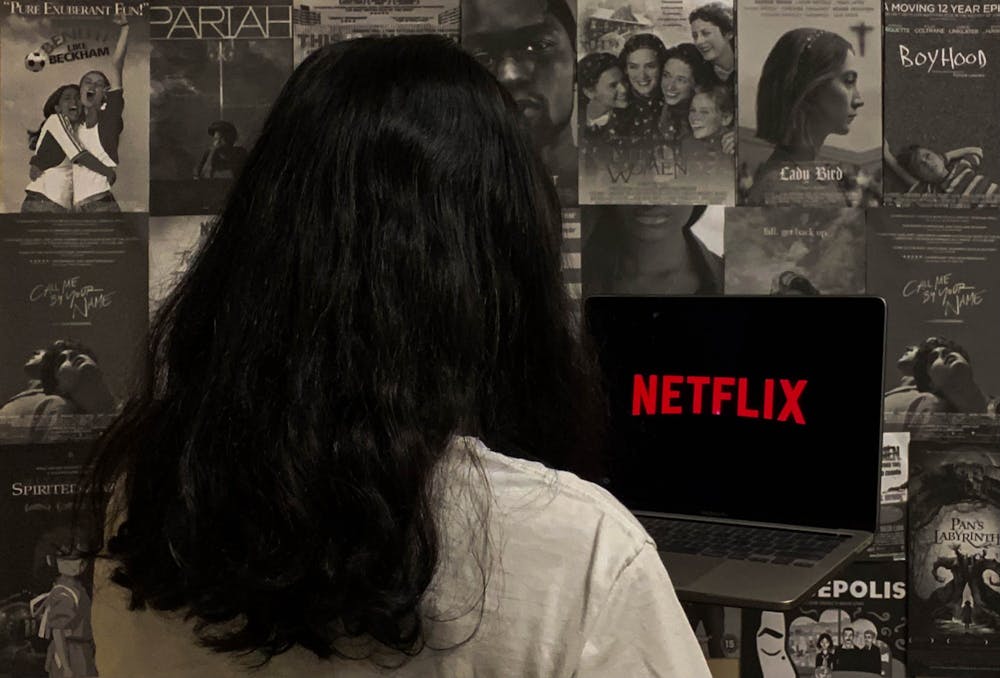There’s nothing quite like sitting in a dark movie theater with dozens of strangers as the smell of popcorn with faux-butter drizzled over it fills the air. A white light emanates from the projector in the back of the room and the film plays out with the crowd hanging on every word, every movement, every cut.
Like other mass gatherings, COVID-19 has taken the magic of a packed theater away. While some cinemas are open in North Carolina, a weak slate of blockbuster films and low attendance have made 2020 one of the most difficult and fascinating years in recent Hollywood history.
Rick Warner, director of the film studies program at UNC, said that the experience of seeing a film on the silver screen is like none other.
“For me, as somebody who teaches film, I just really value the experience of getting to see a film on the big screen, bigger than life,” he said. “It's a constitutively different experience from watching it on a computer screen or a large TV screen in my home."
Despite the mysticism of watching a film on the silver screen, major studios have been working to adapt to the pandemic and are experimenting with sending blockbuster films to on-demand platforms at a high price point. Disney released its live-action remake of “Mulan” as a Premier Access title on Disney+ for $30 and Universal Pictures released “Trolls World Tour” at $19.99 on multiple platforms.
Others have sold their films to streaming platforms in an effort to recoup their investments. Paramount sold “The Trial of the Chicago 7” to Netflix and “Coming 2 America” to Amazon, with the retailer reportedly paying roughly $125 million for the film.
However, with the recent news that Warner Bros’ entire 2021 schedule will launch simultaneously in theaters and on HBO Max (each film will stream for one month before becoming exclusive to theaters), worries about the future of theatrical distribution have been renewed.
“The very foundation of movie-watching has changed,” Danielle Christmas, an assistant professor in the Department of English and Comparative Literature, said. “I suspect it will never go back to how it was.”
Martin Johnson, an assistant professor in the Department of English and Comparative Literature who teaches a course on moviegoing, is more optimistic that theatrical exhibition will continue after the pandemic.



